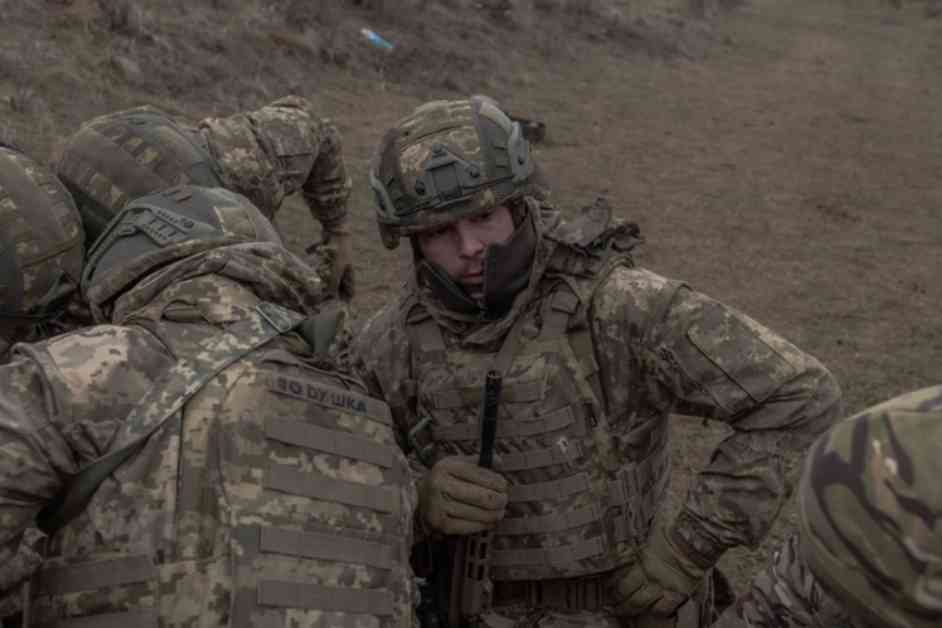Ukrainian Troops Defy Odds: From Desertion to Redemption
The conflict in eastern Ukraine has taken a toll on many soldiers, leading to a crisis within the Ukrainian military. Oleksandr, a 45-year-old serviceman, made a difficult decision to desert the front line after witnessing the devastating impact of Russian bombardments on his comrades. His commanding officer, like many others, was hesitant to send troops back into what seemed like certain death. This decision by Oleksandr is just one of many cases that have plagued the Ukrainian military, which has already suffered significant losses in nearly three years of fighting.
Desperate Choices and Guilt
After leaving the front line, Oleksandr spent a year at home, struggling to cope with the horrors he had witnessed. He recounted how he turned to drinking to numb the pain but eventually felt guilt creeping in. Despite pleas from family members, including a sister who feared for his life, Oleksandr made the difficult choice to return to battle after seeing the dedication of young recruits and wounded soldiers who continued to fight.
Another soldier, Buch, also grappled with guilt after deserting when wounded in combat. The constant stress and shelling had taken a toll on his mental health, leading him to make the difficult decision to leave. He, like many others, struggled with the realities of war and the toll it took on his well-being.
Addressing Manpower Shortages
To combat the growing issue of desertions, Ukrainian lawmakers approved an amnesty for first-time offenders who voluntarily returned to their units. Some brigades even announced that they would welcome back soldiers who had left without permission, recognizing the challenges they faced. However, despite these efforts, the number of troops fleeing the fighting without permission continues to rise.
A Call for Change
While some soldiers acknowledge the difficulties of war and the toll it takes on mental health, others believe that systemic changes in military culture and leadership could help deter desertions. Better psychological support, improved training, and a shift in attitudes among superiors could go a long way in preparing troops for the hardships of battle. As the conflict rages on, the need for a comprehensive solution to discourage desertions becomes more urgent.

















